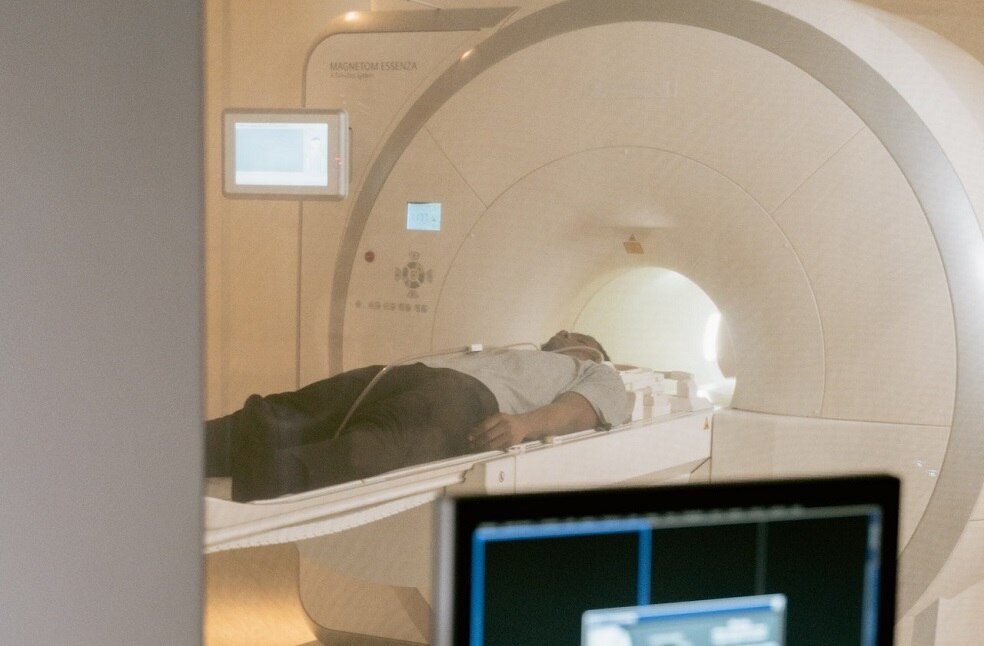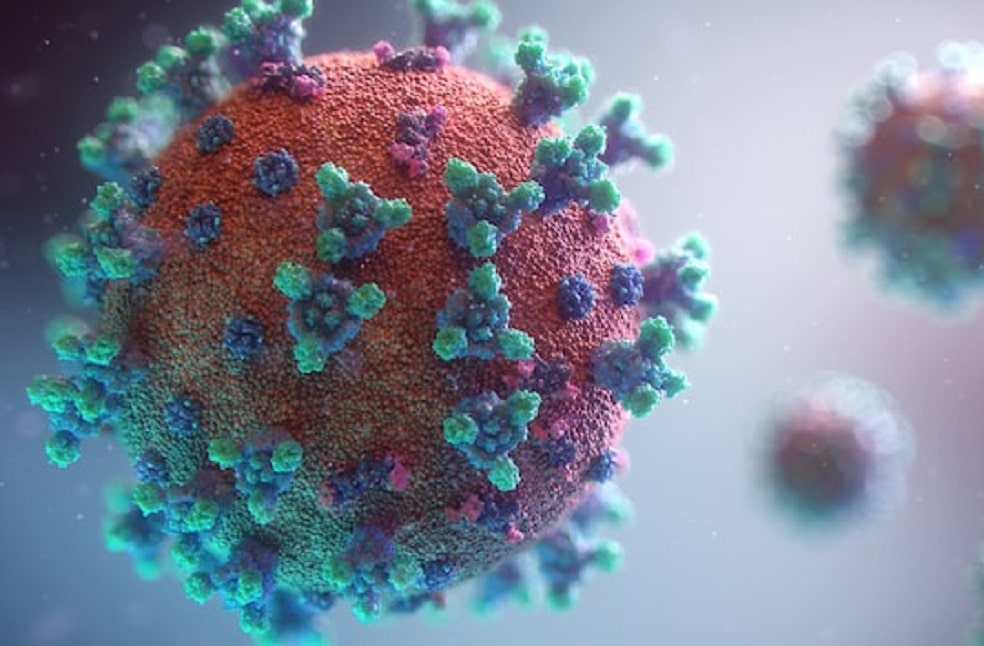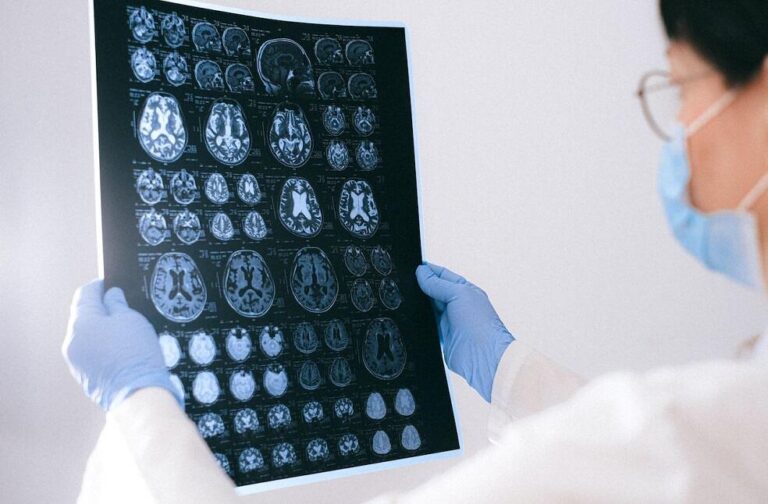United Kingdom: A new study has found that people living with ‘long COVID’ after being admitted to the hospital are more likely to have some damage to major organs. According to researchers, MRI scans revealed patients were three times more likely to have abnormalities in multiple organs, such as the lungs, brain, and kidneys.
The study, published in Lancet Respiratory Medicine, analysed 259 patients who fell so ill with the virus that they were admitted to the hospital. Five months after they were discharged, MRI scans of their major organs showed some significant differences when compared to a group of 52 people who had never had COVID. The biggest impact was seen on the lungs, where the scans were 14 times more likely to show abnormalities.

MRI scans were also three times more likely to show some abnormalities in the brain and twice as likely in the kidneys among people who had had severe COVID. The analysis did not show a significant difference in the health of the heart or liver.
Dr. Betty Raman, from the University of Oxford and one of the lead investigators on the study, stated that “five months after being discharged from the hospital for COVID, we found more abnormalities in the lungs, brain, and kidneys in those patients than in the group who had never had COVID. The patient’s age, how severely ill they were with COVID, as well as if they had other illnesses at the same time, were all significant factors in whether or not we found damage to these important organs in the body.”

The findings are part of a bigger study looking at the long-term effects of COVID on those who were hospitalised, known as the Phosp-COVID study.
According to Dr. Raman, abnormalities in more than one organ were more common among people who had been admitted to the hospital and were still reporting physical and mental health problems after they had recovered from the initial infection.
“Our findings also highlight the need for longer-term multidisciplinary follow-up services focused on pulmonary and extrapulmonary health (kidneys, brain, and mental health), particularly for those hospitalised for COVID,” the researcher added.



